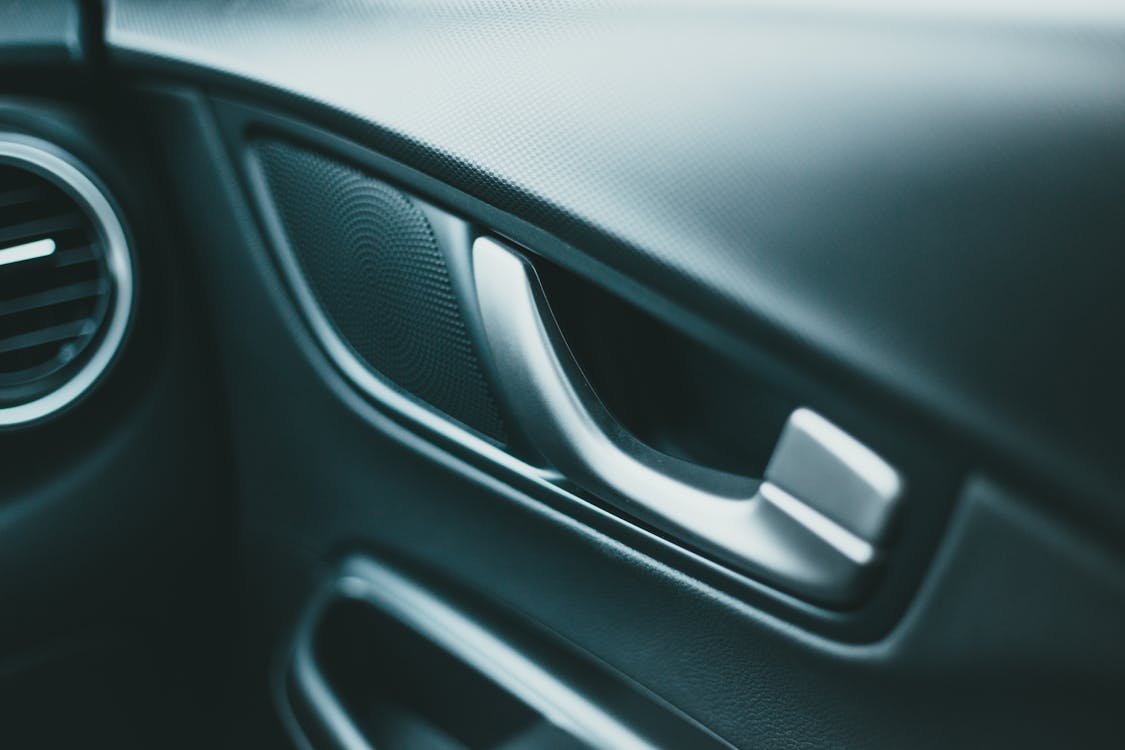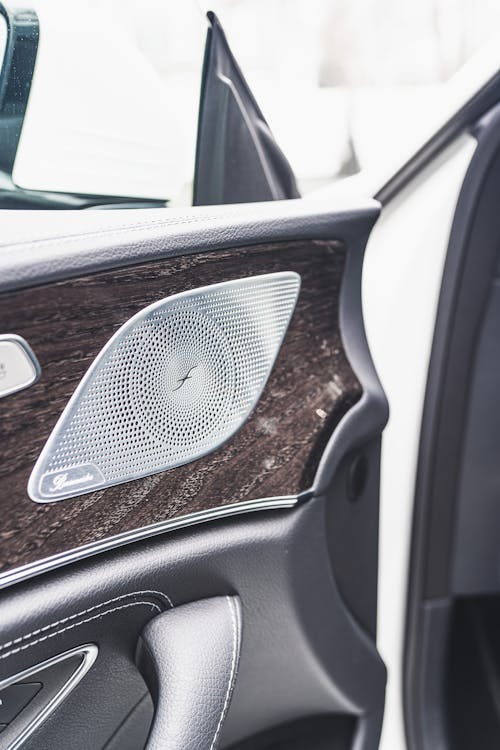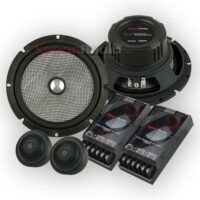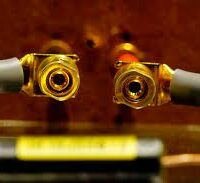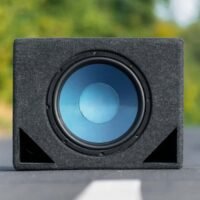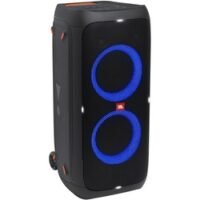Speaker wires connect your speakers to the amplifier. For optimal sound quality, motorists are advised to use strong and recommended wires for the speaker to amplifier connection. Mismatch in wire quality may affect bass production and reduce sound fidelity. It may also cause damage to the components of both devices. But do car speaker wires have to be the same length? This is a question that is always asked by motorists who are installing new speakers in their vehicles. Keep reading to find out the answer.
Electrical signals travel between amplifiers and speakers too fast for any difference in length to be noticed. So car speaker wires do not have to be the same length for optimal performance. Although, recommended difference between both wires should not be more than 30 meters to ensure equal impedance value.
While the difference in wire length bears no effects on sound quality, some people argue that both wire length and gauge play a major role in the quality of car audio and therefore, should be given as much attention as speakers, amplifiers, and other in-car audio devices. So what difference does the length and gauge play and how do you choose the correct wire length and gauge for your speakers?
Table of Contents
Does The Length Of Speaker Wires Matter?
While the length of speaker wires doesn’t matter, there are certain advantages of being a perfectionist or audiophile when it comes to speaker wiring.
The suggestion that speaker wires must be the same length is a myth spread by audiophiles who value high sound fidelity and meticulous step-by-step speaker installation.
They argue that a slight deviation from the standard speaker installation process affects the sound produced. Nonetheless, huge differences in length will disrupt impedance value, thereby causing unequal impedance value.
However, for such a difference to cause even the slightest value change, one wire needs to be at least 30 meters longer.
There’s no one investing that amount of wire length for wiring their car speakers. So, motorists generally have nothing to fear.
The transmission line might also affect the output level if you somehow manage to run a long wire alongside a shorter one from your speaker to your amplifier.
Does Speaker Gauge Affect Sound Quality
Unlike speaker wire length, speaker gauge has an immense effect on the performance of your speaker. A Speaker gauge is simply the size (thickness) of the wire.
While most motorists wouldn’t have to worry about wire gauges because speakers come equipped with the right gauge, damaged wires necessitate replacements.
How do you know the right gauge to buy for your speaker for maximum performance? The wire gauge is determined by the thickness of the wire.
Wire thickness is categorized and identified with the 19th-century standardization system known as American Wire Gauge (AWG). The lower the AWG number, the thicker the speaker wire.
The gauge of the wire is important as it determines the resistance. Thinner wires have higher resistance while thicker wires have lower resistance.
The recommended level is 5% and below to prevent reduced speaker performance. The recommended wire gauge varies and is dependent on the length of the speaker wires, impedance, and voltage.
If you’re running long wires with powerful audio applications, and low-impedance speakers, the recommended wire gauge is 12 or 14 gauge. A 16 gauge wire is recommended for people running shorter cables.
A thick wire gauge also enables faster current flow while a thinner gauge may struggle with current flow. Ensure that the gauge of both wires is consistent to ensure maximum performance and longevity.
While wire length has no real effect on speaker performance and reliability, a slight gauge difference is easily noticed due to changes in audio and overall performance.
What Is The Correct Wire Size
Using the correct wire size only ensures the right impedance but also saves you money. Investing in long runs that you do not need only drains your pocket.
To determine the correct speaker size, measure the distance between your amplifier and speaker with a tape rule or string. It’s common practice to always add extra feet for easier installation and compensation for any slack.
As mentioned earlier, a difference in size doesn’t matter. However, to prevent damage, always consult the manufacturer’s guide before buying speaker wires.
What Is The Recommended Wire Type
The type of wire required for connecting speakers to amplifiers is dependent on the installation area and the power of the connected devices.
For example, UL-rated speaker wires labeled CL2 or CL3 are best for wall speakers. On the other hand, outdoor speakers perform best with wires rated for direct burial.
While the consensus remains that higher prices don’t necessarily translate to better products, in the case of speaker wires, higher prices are usually better.
These high-end wires are manufactured with the best materials to ensure durability and high transmission. Browse through our wire catalog to find reasonably priced speaker wires for all types of installation.
You’ll need flexible wires to connect your in-car speakers so they can pass through your door or small spaces, and the excess can be folded into small storage without any risk of damage.
Stranded wires are thin, bundled wires, and very flexible. These features make them terrific for in-car audio installation.
Avoid using solid wires as twisting and bending cause them to break easily. Solid wires are best for a house or bigger space speaker installation.
Speaker Connection Tips
● Identify the positive and negative leads and connect them accordingly to ensure high sound performance and to prevent damage. Most high-end wires have labels indicating the positive and negative less. Nonetheless, an easy way to differentiate between positive and negative is by identifying the colors. Red is positive and black is negative. Cliche.
● Ensure that your connections are tight and that the speakers are properly grounded. Use banana plugs to enable tight connections. Improperly secured connections can cause short circuits, abrupt power disruption, and damage. As a last step in the installation process, always check the connections.
Popular Speaker Wire Myths
● Expensive is better.
While higher-priced speaker wires tend to be better, not all expensive wires are good. The fact that high-end speaker wires are more expensive and sought after by speaker enthusiasts and audiophiles has led to the creation of fake and under performing speaker wires.
Several manufacturers still offer high-end wires that have lasting durability and longevity for a reasonable price. So, don’t judge a book for its price.
Find strong and thick wires from trusted dealers. We have the best speaker wires for all kinds of speaker installation.
● You can use home speaker wires in your car
While it is possible to use your indoor speaker wires in your car, we recommend that motorists use stranded wires specially made for in-car installations and small spaces.
These wires are flexible and fit into any type of car without breaking. However, home speaker wires are rigid and solid, and constant bending and flexing will result in quick damage.
● Break-in is essential
Manufacturers have taken advantage of the myth that the current flowing the speaker wires will eventually alter the wires enough to create sound distortion or reduced audio quality.
This has forced many motorists to buy cookers and break-in services to prevent damage to their wires. Unless the wire is damaged or the speaker has developed a fault, the small current going through your wires is not enough to alter sound fidelity.
● Splices degrade sound
Some so-called experts warn motorists against splices and soldered wires because it causes sound degradation. However, luckily for us, certified and verified experts have said that spliced and soldered wires have no effect on the quality of sound. Any change in voltage or speaker quality you experience will be due to other factors, and not spliced wires.
